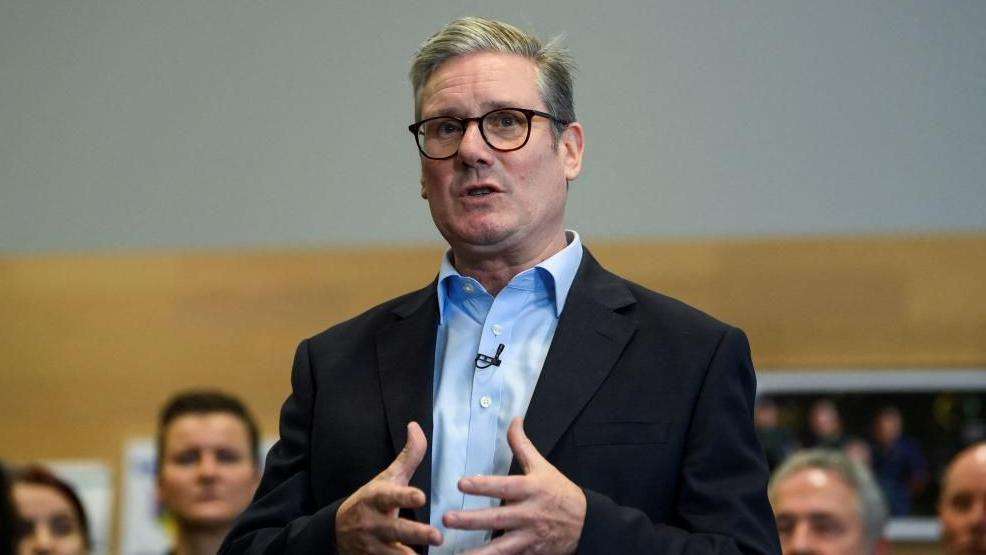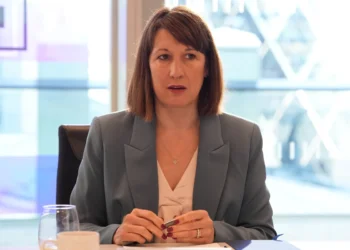Rachel Reeves, Chancellor of the Exchequer, has unveiled an adjustment to the fiscal rules, signaling a significant shift in how Britain will manage its economic strategy ahead of next week’s budget announcement.
In an effort to pave the way for more substantial investment in the nation’s infrastructure, Reeves confirmed plans to borrow billions more each year, aligning with widespread expectations of changes in how debt will be measured.
In a statement released on October 24, Reeves explained that the new fiscal guidelines will “make space for increased investment in the fabric of our economy,” as the government shifts towards funding essential improvements.
This move, experts say, will be fundamental in reversing the expected decline in public sector investment left by previous administrations.
The core of the change, as outlined by Reeves, centers around what she termed the “investment rule,” designed to “get debt falling as a proportion of our economy.”
The key change involves expanding the way debt is calculated, incorporating a broader range of state assets and liabilities. Under this new framework, the government will have more room to maneuver when it comes to borrowing, allowing for up to £20 billion in additional annual investment.
Economic Jitters as Gilt Yields Rise
Speculation around this fiscal shift has already begun to ripple through the markets. On Thursday, the cost of government borrowing rose, with gilt yields spiking by up to eight basis points.
Investors are anticipating the impact of tens of billions of extra borrowing under the new rule, further igniting debates about how the government plans to balance its books while ramping up spending.
This announcement comes just hours after Prime Minister Sir Keir Starmer hinted at the broader fiscal challenges the Labour government is set to address in their first budget in over a decade.
Starmer emphasized the need for the government to “face up” to the fiscal reality they inherited from the Conservative administration.
He stressed that the budget would “define the way in which we will approach the economy,” adding that Labour intends to “fix the foundations and rebuild the country.”
Acknowledging the tough choices ahead, Starmer highlighted the importance of this budget in setting the framework for future financial stability. He said, “I’m not prepared to walk past it. We’re going to tackle the inheritance in this Budget.”

Major Spending Cuts Offset by Tax Hikes
Despite Reeves’ focus on infrastructure investment, Labour’s first budget in 15 years is expected to be a complex mix of deep spending cuts and significant tax increases.
The government faces the dual challenge of delivering on its promises to reinvigorate public services, like the NHS, while also addressing a substantial financial shortfall.
The Chancellor’s strategy includes a combination of debt-funded spending and fiscal discipline. Although Reeves plans to direct funds toward clean energy and infrastructure projects, she will also announce tax hikes and spending reductions to the tune of £40 billion per year. These measures are designed to balance the need for short-term austerity with long-term investment.
As such, the Labour government’s fiscal shake-up represents a decisive moment for Britain’s economic future. With plans for increased borrowing to fund much-needed public investments, Reeves and Starmer are making it clear that this budget is just the beginning of their broader efforts to rebuild the country after years of financial strain.
READ ALSO: Dr. Kwakye Criticizes BoG’s Complacency on 18% Inflation Projection





















